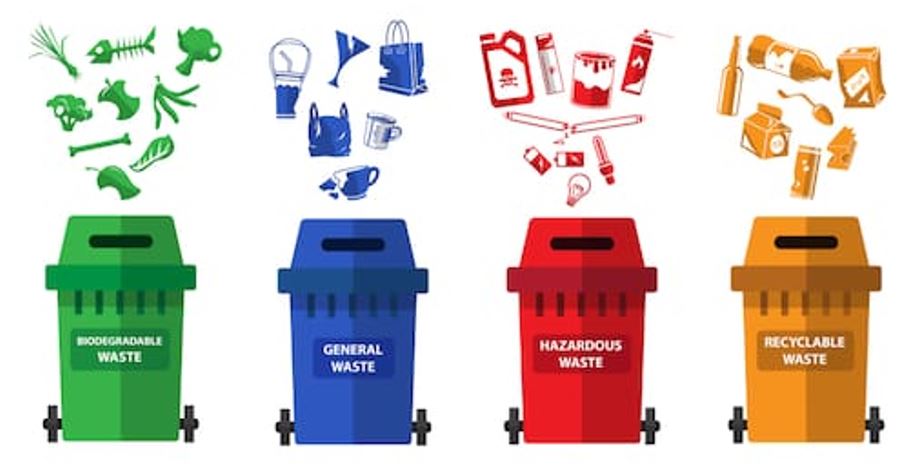
Waste, in general, refers to anything discarded after its primary use, or any material considered worthless, defective, or of no further use. This can include things like trash, garbage, rubbish, or junk. It's a broad term that encompasses various materials and forms, including solid, liquid, and gaseous waste.
Here's a more detailed breakdown:
Definition:
- Waste: Any material that is discarded after its primary use.
- Worthless: Material that is no longer useful or has no value.
- Defective: Material that is damaged or flawed.
- Unusable: Material that cannot be used for its intended purpose.
Examples of Waste:
- Solid waste: Food scraps, used plastic bags, old furniture, broken appliances, etc.
- Liquid waste: Sewage, industrial wastewater, etc.
- Gaseous waste: Methane, carbon dioxide, etc.
- Specific types: Industrial waste, commercial waste, domestic waste, agricultural waste, etc.
Important Considerations:
- Proper waste management is crucial to minimize environmental impact and health risks.
- Reduce, reuse, and recycle are important principles of waste management.
- Some waste can decompose naturally, while other types, like plastics, can persist for long periods.
- Improperly disposed of waste can lead to pollution of air, water, and soil.
